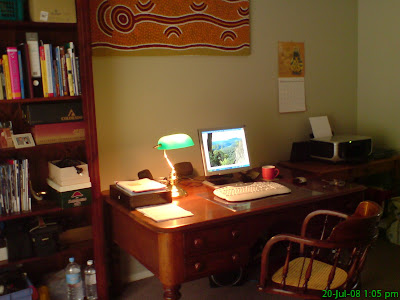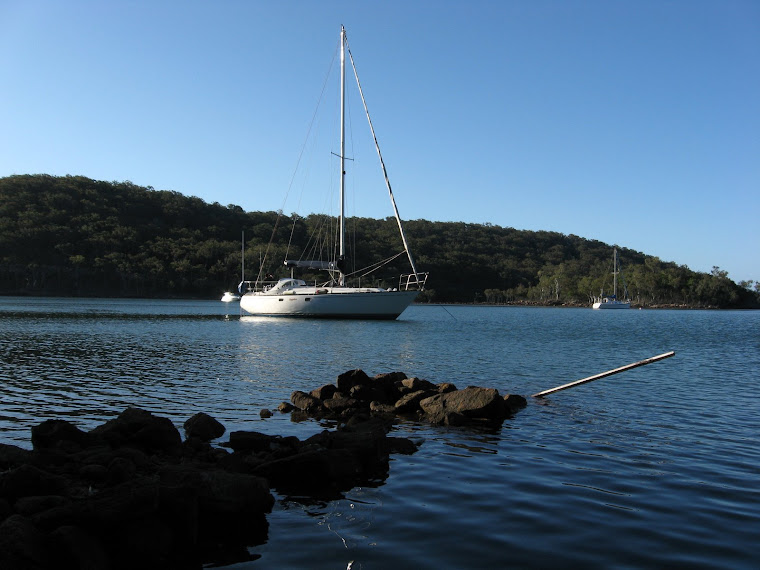
Ive been really stressed and busy at work lately, which might explain why I nearly killed myself tonight - laughing that is ! - at these one liners of an american comedian called Red Skelton. According to Wiki he was really popular on Radio and Film and as Stand Up Comedian from the 1940's to early 70's. His first career move was as a Clown. His life was pretty sad - he had a breakdown after the war, he had a son who died from Leukemia, one wife committed suicide...amazing how he could be so funny.
Hope you laugh like I did....
1. Two times a week we go to a nice restaurant, have a little beverage, good food and companionship. She goes on Tuesdays, I go on Fridays.
2. We also sleep in separate beds. Her's is in California, and mine is in Texas.
3. I take my wife everywhere....but she keeps finding her way back.
4. I asked my wife where she wanted to go for our anniversary."Somewhere I haven't been in a long time!" she said. So I suggested the kitchen.
5. We always hold hands. If I let go, she shops.
6. She has an electric blender, electric toaster and electric bread maker.She said "There are too many gadgets, and no place to sit down!" So I bought her an electric chair.
7. My wife told me the car wasn't running well because there was water in the carburetor.I asked where the car was. She told me, "In the lake."
8. She got a mud pack, and looked great for two days. Then the mud fell off. 9. She ran after the garbage truck, yelling, "Am I too late?" The driver said "No, jump in".
10. Remember: Marriage is the number one cause of divorce.
11. I married Miss Right. I just didn't know her first name was Always.
12. I haven't spoken to my wife in 18 months.I don't like to interrupt her.
13. The last fight was my fault though. My wife asked, "What's on the TV?" I said, "Dust!"
 Former Australian Prime Minister Paul Keating is definitely one of the great Australians. He had a tremendous vision for aboriginal australia, and was a reforming and inspirational leader with a brilliant mind and an extraodinary wit - last year I laughed for a week when he described the soon to be ex-PM John Howard as a "dessicated coconut" and the soon to be ex-treasurer Peter Costello as "all tip and no iceberg". I applauded his lacerating comments about millionaires in"tupperware boats" racing around Sydney Harbour "at the expense of everyone else's quiet enjoyment.Every small boat is capsized by it and now they've been given a signal that 30 or 40 knots is really quite slow, you can do a couple of hundred..."
Former Australian Prime Minister Paul Keating is definitely one of the great Australians. He had a tremendous vision for aboriginal australia, and was a reforming and inspirational leader with a brilliant mind and an extraodinary wit - last year I laughed for a week when he described the soon to be ex-PM John Howard as a "dessicated coconut" and the soon to be ex-treasurer Peter Costello as "all tip and no iceberg". I applauded his lacerating comments about millionaires in"tupperware boats" racing around Sydney Harbour "at the expense of everyone else's quiet enjoyment.Every small boat is capsized by it and now they've been given a signal that 30 or 40 knots is really quite slow, you can do a couple of hundred..." 























































